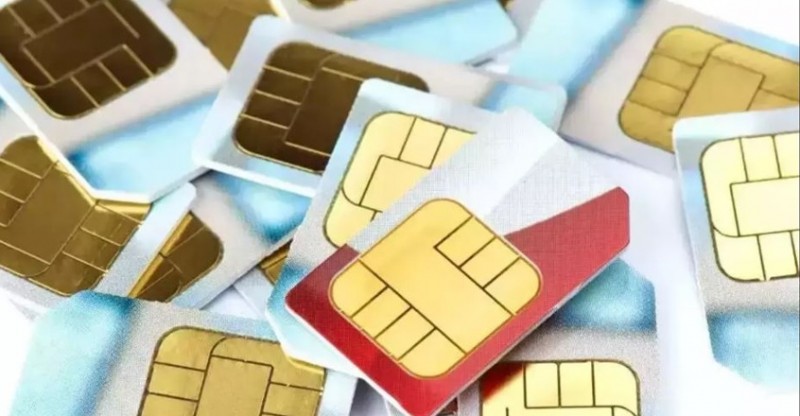
The Indian government has enforced the Telecom Act 2023, introducing stringent regulations aimed at curbing fraud and scams associated with SIM card usage. These new rules specifically address the number of SIM cards an individual can own and the penalties for violating these regulations.
Limit on SIM Cards Issued
Under the Telecom Act 2023, the number of SIM cards one can own depends on their place of residence. For individuals living in the licensed service areas (LSAs) of Jammu and Kashmir, Assam, and the northeastern regions of India, the limit is six SIM cards. This restriction is due to the sensitive nature of these regions. In contrast, residents in other parts of the country can have up to nine SIM cards issued in their name.
Heavy Fines for Rule Violations
The Act stipulates severe penalties for those exceeding the prescribed limit of SIM cards. If an individual is found with more SIM cards than allowed, they will face action under the Telecom Act, including fines up to ₹50,000. Repeat offenders could be fined up to ₹2 lakh.
Moreover, acquiring SIM cards through fraudulent means, scams, or other illegal methods could lead to harsher consequences. Offenders may face imprisonment for up to three years, fines up to ₹50 lakh, or both.
Protect Yourself from SIM Card Fraud
Often, people are unaware that cybercriminals might be using SIM cards issued in their name. To check if someone else is using a SIM card under your name, visit the government portal Enter the required information and complete the verification process by entering the OTP sent to your phone.
Once verified, a new page will display all mobile numbers linked to your Aadhaar card, allowing you to identify any unauthorized SIM cards issued in your name. These measures aim to enhance security and prevent misuse of SIM cards, ensuring a safer telecommunication environment for everyone in India.
Virat Kohli and Anushka Sharma Embrace Spiritual Vibes in London - Watch Their Chanting Video